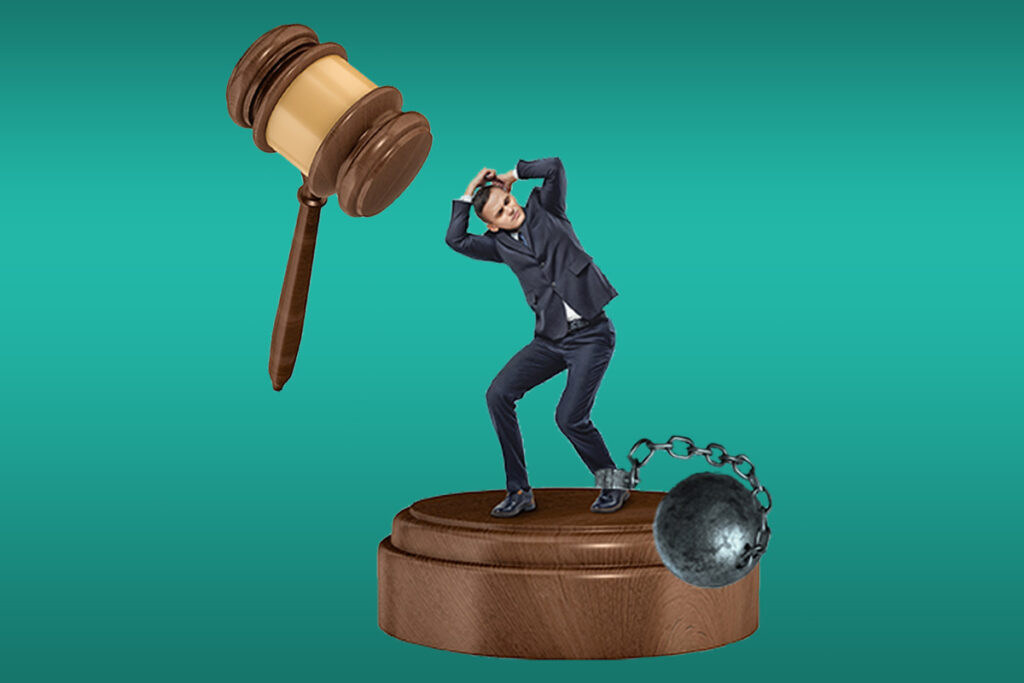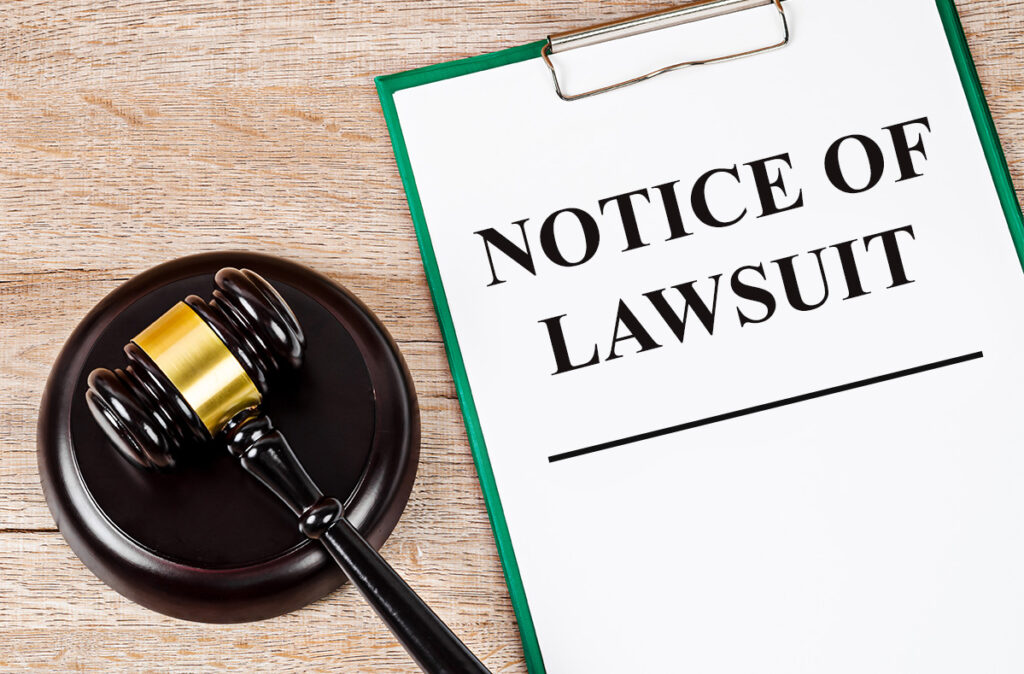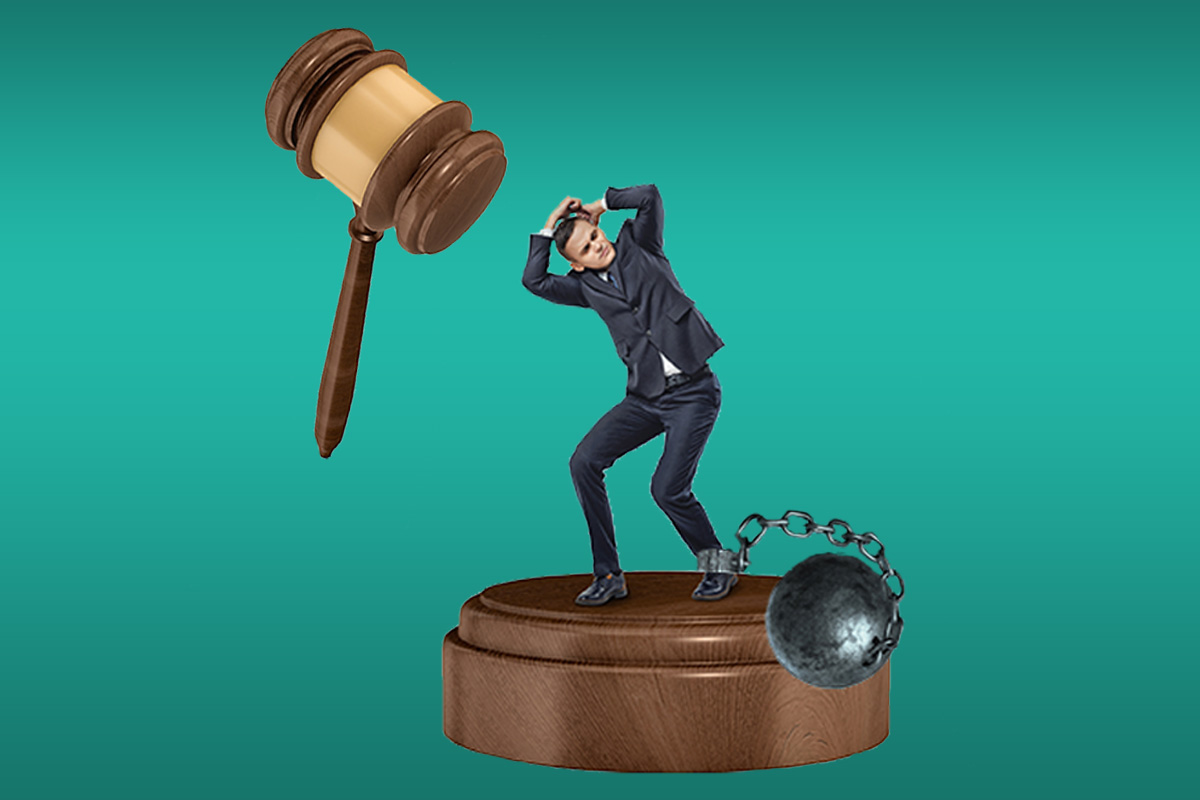
It’s a question asked by far too many Americans. Medical debt is the number one cause of bankruptcy in the United States. About 40% percent of U.S. adults, or about 100 million people, are in debt because of medical or dental bills. When you’re looking at mounting hospital bills, listening to calls from collection agencies, and seeing letter after letter coming in, it’s scary to wonder: Can I be sued for medical debt?
Can a Hospital Sue You for Unpaid Medical Bills?
A Kaiser Health News investigation found hundreds of U.S. hospitals using aggressive collection practices against patients with unpaid medical bills. This included large and small hospitals, academic hospitals, and both for-profit and nonprofit facilities. Patients sued included the insured and uninsured, as well as many who should have qualified for financial assistance.
Extraordinary collection actions (ECA) include:
- Reporting patients to credit reporting agencies, affecting your ability to get housing, loans, or even jobs
- Selling your debt to collection agencies
- Denying medical care to patients with outstanding debt
- Lawsuits leading to wage garnishments, money taken out of your bank account, liens, and foreclosures
These collection practices have long-term consequences, affecting your ability to get housing, loans, jobs, and future non-emergency medical care. Furthermore, the stain of debt damages your relationships and mental well-being.
Not All States are the Same When it Comes to Unpaid Medical Bills
Few states have laws on the books saying that it’s illegal to sue someone for medical debt. It would be nice if all states had laws like that, but don’t assume that your state does. State law protections against medical debt collection practices differ by state.
On the brighter side, there are some protections at the federal level against abusive collection practices, such as The Fair Debt Collections Act. Additionally, medical debt under $500, paid in full or less than a year old can no longer appear on credit reports.
Most recently, the Consumer Financial Protection Bureau (CFPB) proposed a rule banning medical bills from credit reports. Their goals are ending coercive debt collection practices and limiting the role of medical debt in the credit reporting system. If passed, it should help increase credit scores and loan approvals.
However, the following practices would continue:
- Demanding payment upfront
- Denying non-emergency care
- Pushing medical credit cards or financing with interest
- Lawsuits
Note: Medical credit cards are consumer credit cards and should be avoided at all costs. Read more about medical credit cards in our article, Before You Put That Medical Bill on a Credit Card, Read This!
Collection Agencies can Sue You for Medical Bills
Most commonly medical debt is sold to debt collection agencies, who will chase you for every last penny out of your bank account. As they send you bills they will also be sending notices to credit reporting agencies, which means your credit score will go down. And, if the collection agency doesn’t get the response they want, they can sue.
These collection agencies bought your debt for pennies on the dollar. This means they will often be willing to make a deal for you to repay the debt for less than the original debt. Plus, the older the debt, the more leverage you have.
What Happens if You Get Sued for Medical Bills?
If you’re living in a state that allows you to be sued for medical debt, and the hospital or collections agency filed a lawsuit, you will receive a letter to be summoned to court for medical bills.
You must respond to every letter you receive from any healthcare company, collection agency, or court by the deadline stated on the documents. Failure to respond to a lawsuit can lead to a default judgment, where the hospital or collection agency automatically wins. 70% of medical debt cases end in a default judgment, often against defendants without legal representation, or who don’t respond or know how to respond to lawsuits.

What Can I Do If I’m Being Sued for Medical Bills?
If you’re already being sued for medical bills contact your local Legal Aid Center. You can also search for free or discounted legal help at LawHelp.org or 211.org.
Furthermore, you may hire an attorney. Local Bar Associations and Lawyer Referral Services may be able to help you find the right lawyer who specializes in medical debt collection cases. Many attorneys offer free consultations.
What Can I Do if I’m Worried about Getting Sued for Unpaid Medical Bills?
If you haven’t been sued yet but you’re worried about getting sued, the worst thing you can do is procrastinate and ignore the problem.
In our next article, we’ll explore how to resolve high medical bills before they ever get sold to collection agencies, and, if the debt has already been sold, make a deal with the collection agency. Follow Crush Medical Debt and look out for the blog article, What To Do If Your Medical Bill Is Sent To Collections–How To Negotiate A Lower Payment With A Debt Collector. By getting ahead of the problem, you won’t have to worry about getting sued for unpaid medical bills.
Have our latest articles, podcasts, and helpful resources delivered to your inbox for free by signing up for our free Medical MoneyLetter.
Article Highlights:
- Hospitals and debt collectors suing patients for unpaid medical bills is a common practice to be aware of.
- Laws protecting you from aggressive debt collection practices vary by state.
- Don’t ignore your debt. Failure to respond to letters and bills from the providers, collectors, or the courts by the stated deadlines can result in dire consequences.
Related Articles about Medical Debt and Your Credit Score
- Do Medical Bills Affect a Credit Score?
- How to Remove Medical Debt from Credit Reports
- Before You Put That Medical Bill on a Credit Card, Read This!
- How To Protect Yourself From A Lifetime Of Medical Debt
- Know Your Rights and Protections When it Comes to Medical Bills and Collections
- What To Do If Your Medical Bill Is Sent To Collections–How To Negotiate A Lower Payment With A Debt Collector
